GHMC intensifies battle against mosquito menace
Wed 22 Jul 2020, 11:14:46
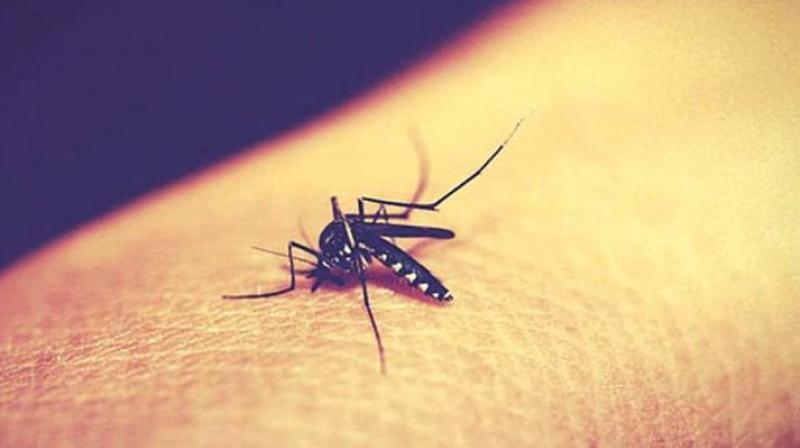
The Entomology wing of Greater Hyderabad Municipal Corporation (GHMC) has intensified its operations to control the mosquito menace, besides focusing on areas with Covid-19 cases.
Extensive anti-larval activities are being carried out in River Musi. Three dedicated units with 50 workers led by two assistant entomologists and two senior entomologists are taking up Anti-Larval Operations (ALO) and fogging operations. In addition to the three units, efforts are on to introduce one more unit shortly. Special drones too have been deployed exclusively for ALO and fogging operations in River Musi during the next three months.
Around 21km of river Musi flows through GHMC area, creating conducive conditions for mosquito breeding. The source starts from Attapur and ends at Uppal creating pools and puddles on both sides in addition to the main stream. Apart from special drones, six vehicle-mounted fogging machines and 15 portable fogging machines are being used to cover all the localities abutting the
river.
river.
At present, three drones are operational for spraying of Pyrosine oils in different lakes from December 2019 to March 2020. Besides extending the contract, another 11 drones are being arranged in all zones. In all, there are 2,412 workers in the Entomology section, of these 1,919 are deployed for taking up ALO and 342 for fogging operations. A total of 125 units are formed for taking up the ALO and fogging operations and each unit consists of 19 members. They cover over one lakh houses a day, officials said.
Considering the workload, the municipal corporation recently allotted extra entomology manpower to six zones. In addition to the existing workforce, 104 additional workers will be joining the duties shortly.
“In dengue-prone areas, if we find larvae, red stickers are pasted in the area and green stickers are pasted, indicating no larvae. This exercise is being taken up in vulnerable areas, dengue and malaria prone areas,” a GHMC official said.
No Comments For This Post, Be first to write a Comment.
Most viewed from Hyderabad
Most viewed from World
AIMIM News
Owaisi slams UP over police post near Sambhal mosque
Dec 31, 2024
Owaisi hails SC order on Places of Worship Act
Dec 13, 2024
AAP Corporator Tahir Hussain joins AIMIM party
Dec 11, 2024
Latest Urdu News
Most Viewed
May 26, 2020
Do you think AAP will perform better in Delhi polls without alliance?
Latest Videos View All
Like Us
Home
About Us
Advertise With Us
All Polls
Epaper Archives
Privacy Policy
Contact Us
Download Etemaad App
© 2025 Etemaad Daily News, All Rights Reserved.



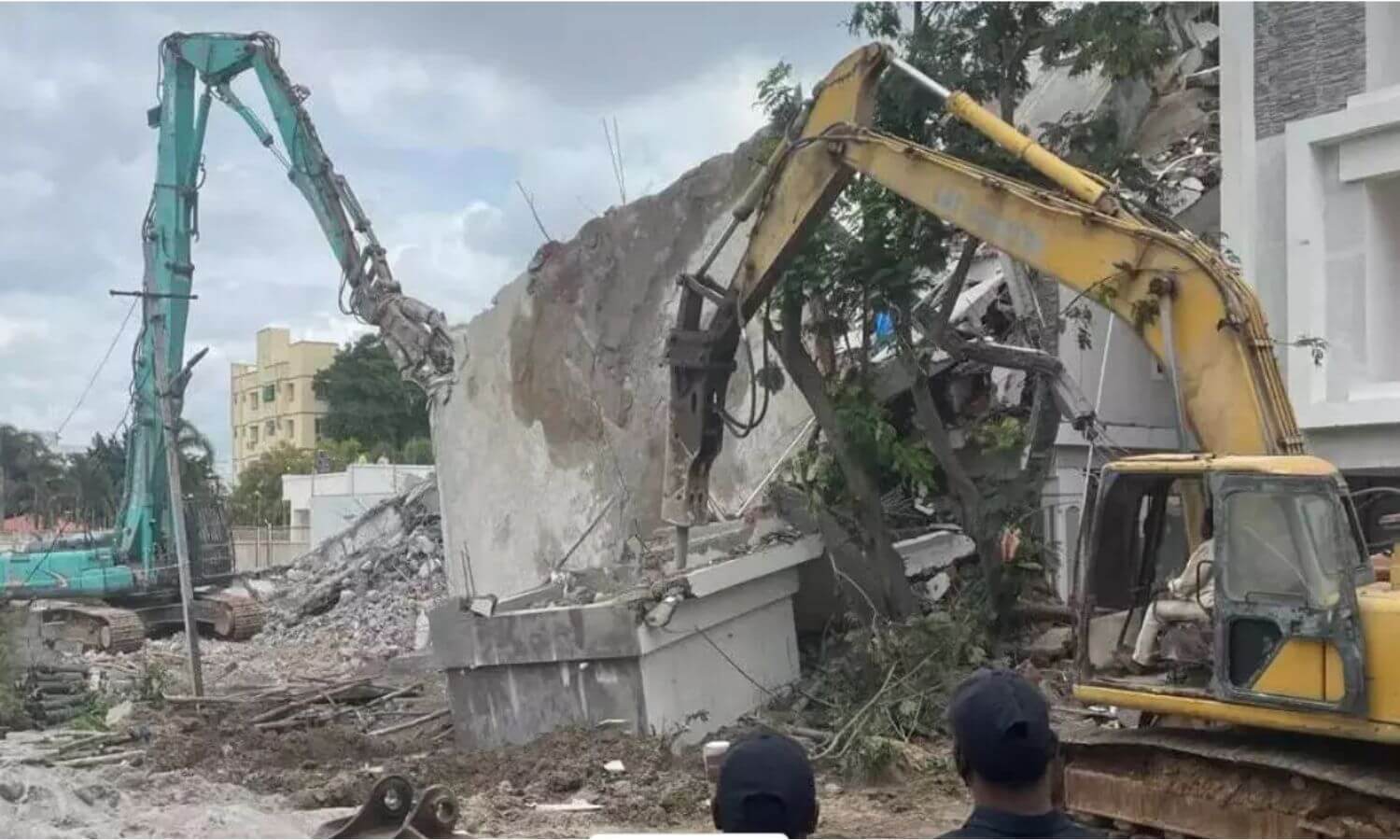


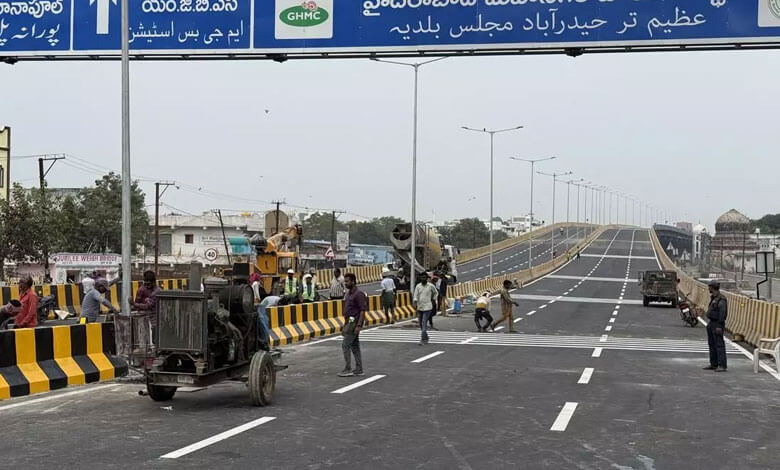



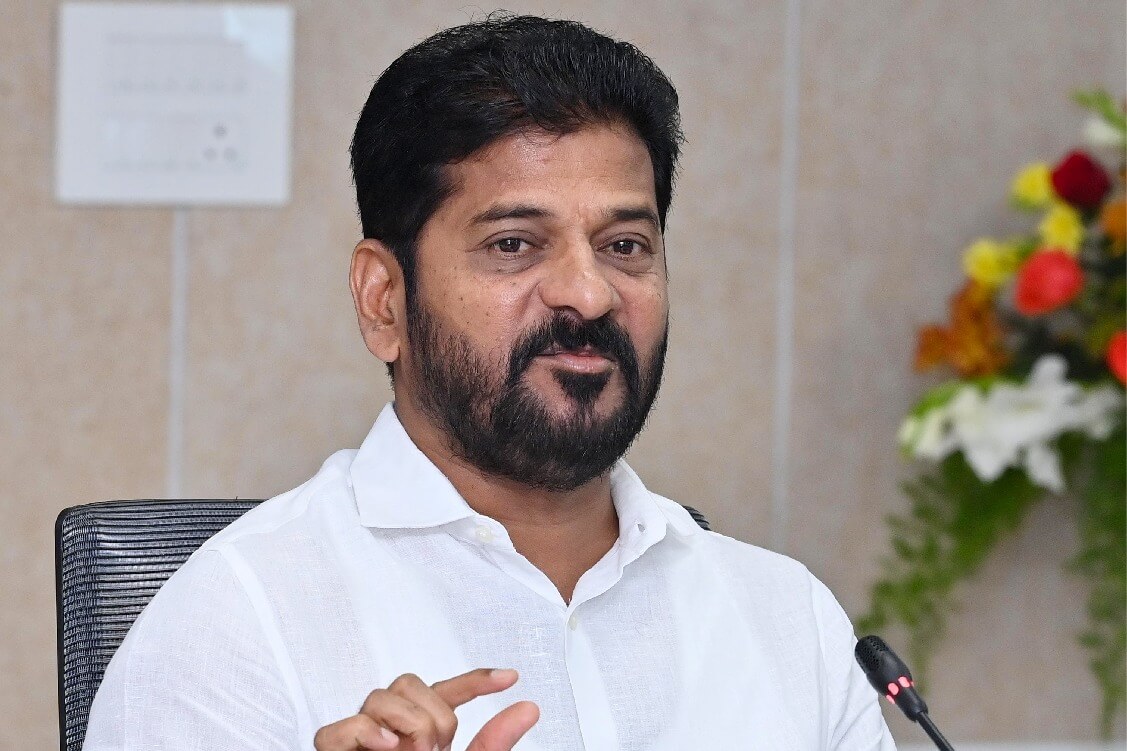

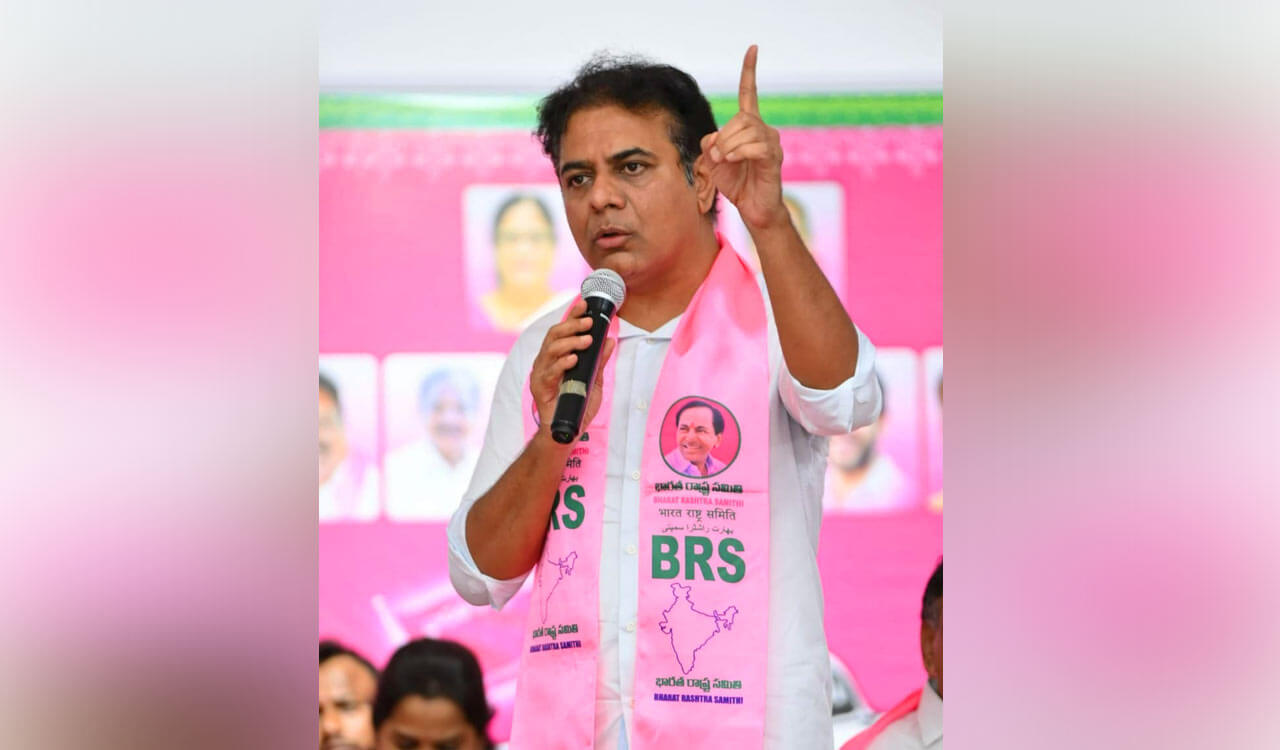

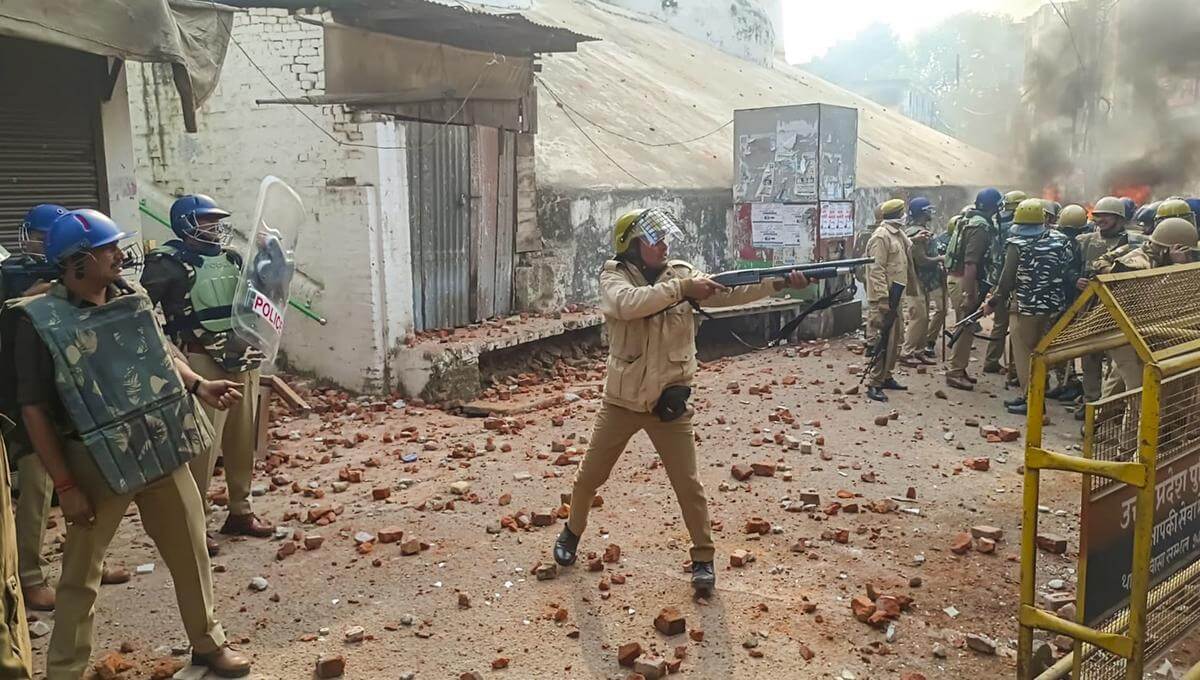



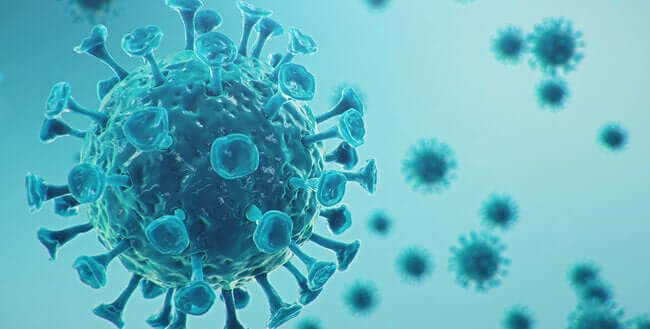
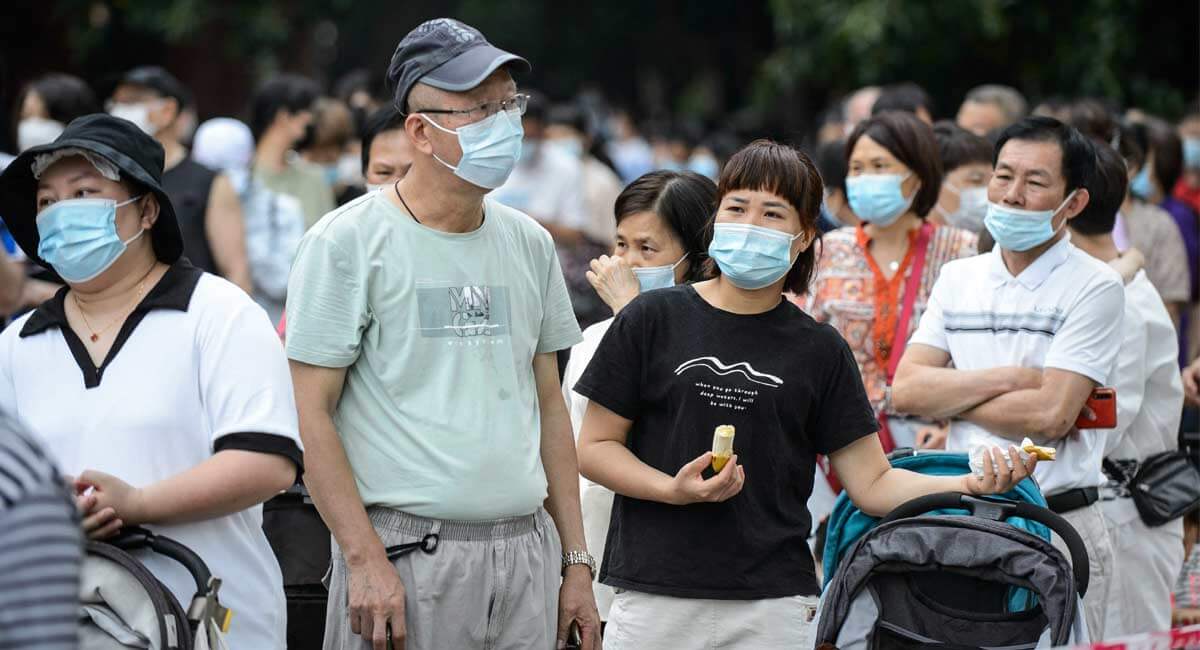


.jpg)
.jpg)
.jpg)
















